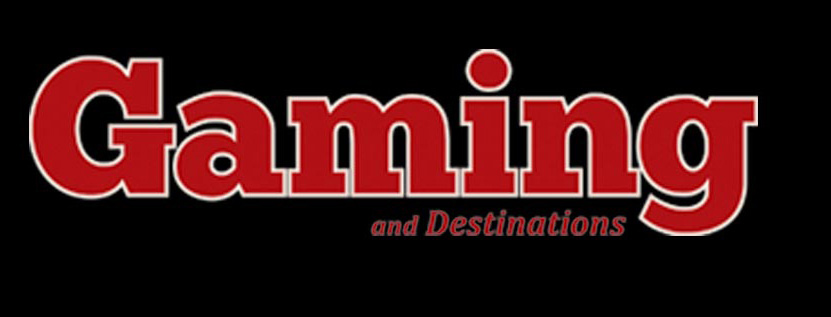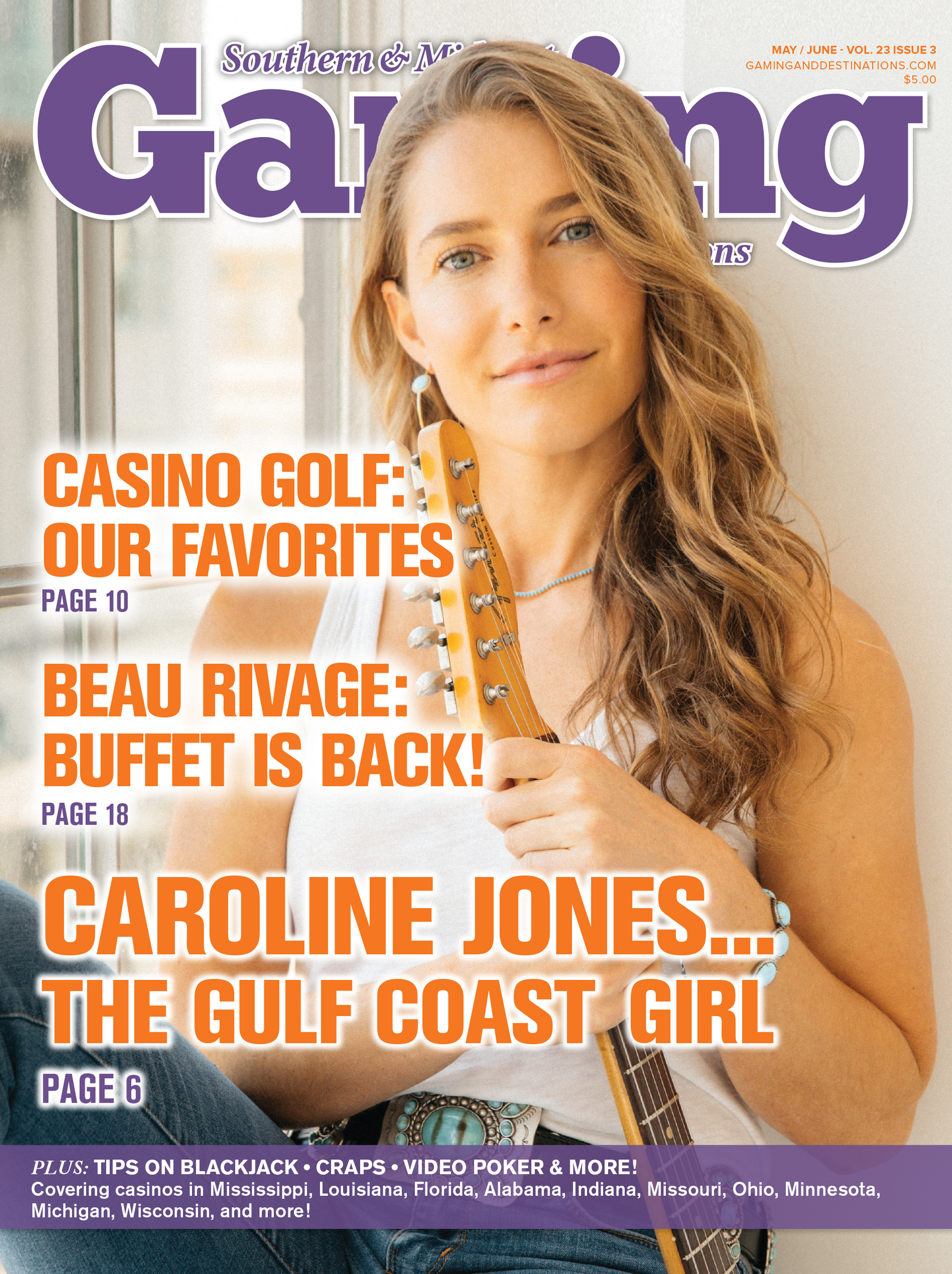Blackjack: 5 Costly Hands and How to Play Them
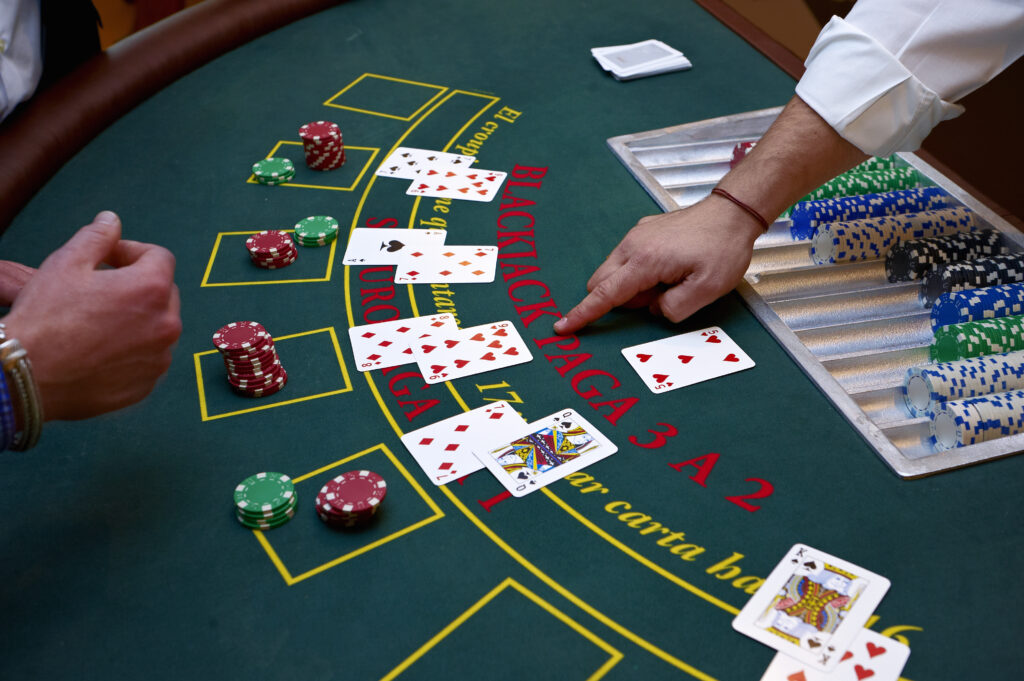 In any learning experience, mistakes go with the territory and the game of blackjack is no exception. Players who are serious about cutting the house edge learn basic strategy to eliminate most mistakes. However, those who are not so dedicated will keep making non-optimal plays and losing money.
In any learning experience, mistakes go with the territory and the game of blackjack is no exception. Players who are serious about cutting the house edge learn basic strategy to eliminate most mistakes. However, those who are not so dedicated will keep making non-optimal plays and losing money.
Some mistakes crop up repeatedly and to some players, the wrong plays seem so right that they can’t convince themselves to play the basic strategy way.
Let’s take a look at common yet costly plays, with detours to related errors. They may not be the costliest plays you can make, but the downside of hitting a hard 20 is a lot worse than the cost of the hands below. But no one makes that play so hopefully you won’t either!
Blackjack: Splitting Pairs
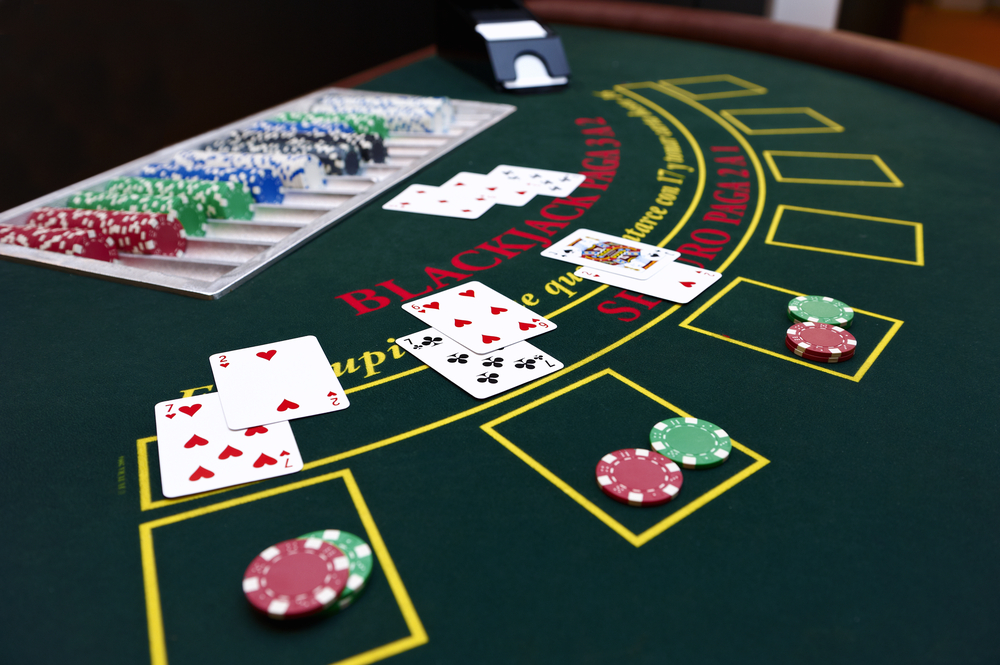 Any blackjack player who’s studied basic strategy has this pair-splitting maxim deeply ingrained: Always split Aces and 8s. Never split 5s or 10s.
Any blackjack player who’s studied basic strategy has this pair-splitting maxim deeply ingrained: Always split Aces and 8s. Never split 5s or 10s.
There’s one minor exception. With two or more decks in play in a game where the dealer hits soft 17 and late surrender is offered, it’s better to surrender 8-8 against a dealer’s Ace.
Some hands are closer calls than others. Let’s check out some numbers for six-deck games where dealers hit soft 17 — the most common blackjack games around today.
Casino Knowledge: Questions From the Vault with John G.
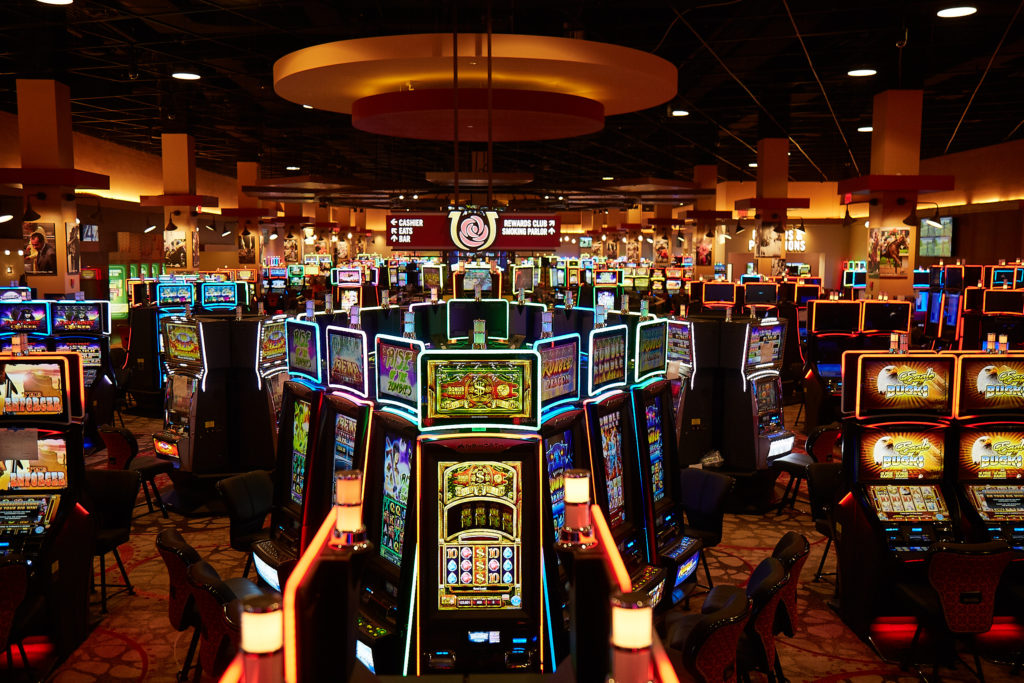 I field hundreds of questions from readers every year. They cover a wide range of topics including strategy basics, bankroll needs and even gaming history. A few catch my eye as being of special interest.
I field hundreds of questions from readers every year. They cover a wide range of topics including strategy basics, bankroll needs and even gaming history. A few catch my eye as being of special interest.
Right now, with the expansion of sports betting, there are things players need to know that were outside their usual domain before last year. Here are a few from the vault you might find interesting.
Blackjack: Myths of the Game
 It was an unbelievably hot afternoon in the summer of 1968 when the young couple arrived in Las Vegas. It was their first trip ever to this gambling Mecca and they didn’t know what to expect. Certainly the 120 degree temperature was nothing they had ever experienced in their native New Jersey. When they arrived at the Aladdin Casino Hotel, they were taken aback by the elegance of the casino. The adrenaline was already flowing through the young mans body as he couldn’t wait to play blackjack. They agreed that she would stand in the hotel check-in line and he would “check out the casino”.
It was an unbelievably hot afternoon in the summer of 1968 when the young couple arrived in Las Vegas. It was their first trip ever to this gambling Mecca and they didn’t know what to expect. Certainly the 120 degree temperature was nothing they had ever experienced in their native New Jersey. When they arrived at the Aladdin Casino Hotel, they were taken aback by the elegance of the casino. The adrenaline was already flowing through the young mans body as he couldn’t wait to play blackjack. They agreed that she would stand in the hotel check-in line and he would “check out the casino”.
Smart Strategy: Taking it to the Casinos
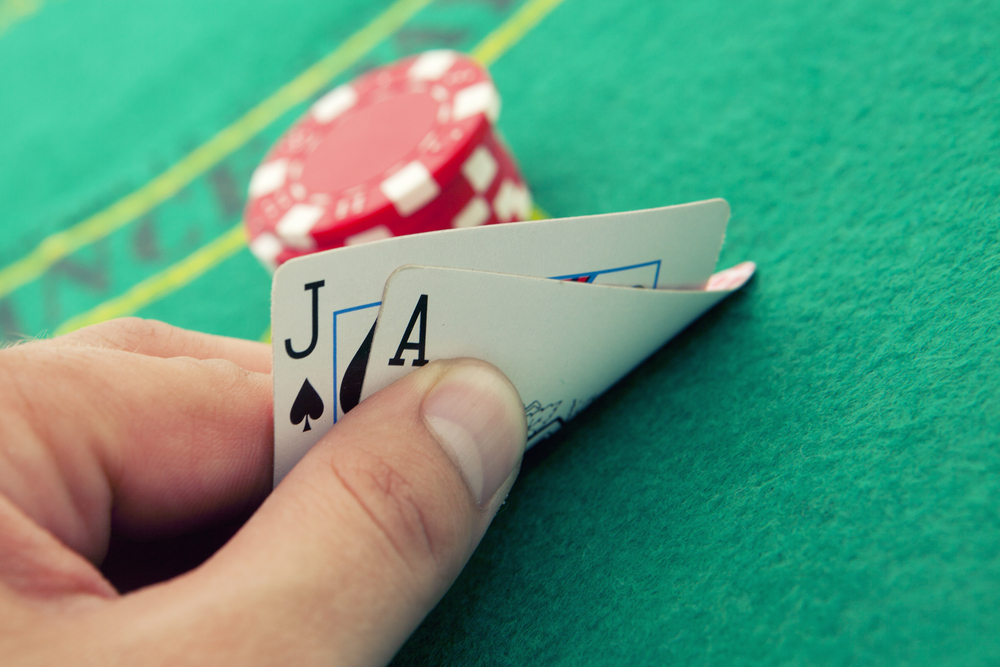
Blackjack is the most popular casino table game and has been since 1965, shortly after Edward Thorp’s book Beat the Dealer became a sensation. Thorp correctly wrote that blackjack could be beaten by keeping track of the cards; in short, card counting. The general purpose of the game is to beat the dealer’s hand without going over 21.
Blackjack: The Insurance Debate
 A friend of mine was watching me play blackjack in a casino. I was playing heads-up against the dealer in a double-deck game. He didn’t say much to me while I was playing other than to give me an “atta boy” when I beat the dealer, or offer condolences when the dealer pulled a miracle draw to beat me.
A friend of mine was watching me play blackjack in a casino. I was playing heads-up against the dealer in a double-deck game. He didn’t say much to me while I was playing other than to give me an “atta boy” when I beat the dealer, or offer condolences when the dealer pulled a miracle draw to beat me.
After about forty-five minutes of playing, we broke for lunch. My friend is a typical casual blackjack player and he queried me about some of the insurance bets that I made. “How come you sometimes insured your 20s and other times you didn’t, and why in hell did you insure your 7? I always thought you’re supposed to insure your good hands and not your bad hands?” I proceeded to explain to him the following.
Casino Q&A with John G. : Get the Answers that Help You Win!

As a game that allows players to exercise their skill along with having a strong element of chance, blackjack has more subtleties than most casino games. It also leaves plenty of room for question and comment. Let’s try to answer a few questions and relay a few comments submitted by readers.
Blackjack: Avoid 6:5 Tables
 There’s a cancer growing in the game of blackjack, namely, those abominable blackjack games that only pay 6:5 for a blackjack. If players don’t do something about it, 6:5 payoff games may become the new blackjack standard. However, you can help get rid of this game once and for all, and I’ll show you how in a moment. Historically a blackjack hand has always paid 3:2. That means if you bet $10, you will be paid $15 (a 3:2 payoff). (This assumes, of course, that the dealer doesn’t have a blackjack on the same hand.) When a casino decides to pay only 6:5 for a player blackjack, it increases the house edge by almost 1.4 percent (no, that’s not a typo).
There’s a cancer growing in the game of blackjack, namely, those abominable blackjack games that only pay 6:5 for a blackjack. If players don’t do something about it, 6:5 payoff games may become the new blackjack standard. However, you can help get rid of this game once and for all, and I’ll show you how in a moment. Historically a blackjack hand has always paid 3:2. That means if you bet $10, you will be paid $15 (a 3:2 payoff). (This assumes, of course, that the dealer doesn’t have a blackjack on the same hand.) When a casino decides to pay only 6:5 for a player blackjack, it increases the house edge by almost 1.4 percent (no, that’s not a typo).
Blackjack: Playing Common Hands
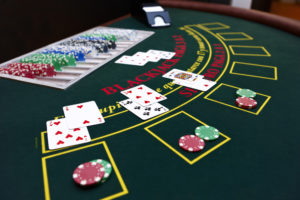 Blackjack can be tricky. Some hands are obvious, but some correct plays can make you wonder how the math adds up.
Blackjack can be tricky. Some hands are obvious, but some correct plays can make you wonder how the math adds up.
Here are a few examples of those hands, and how you should play them.
How would you play the following four blackjack hands? The dealer’s upcard is a 6.
BLACKJACK: Should You Tip The Dealer?
 G&D’s expert blackjack pro, Henry Tamburin, receives many questions from about the game ranging from strategy to etiquette, and everything in between.
G&D’s expert blackjack pro, Henry Tamburin, receives many questions from about the game ranging from strategy to etiquette, and everything in between.
In this column, he discusses the topic of tipping your dealer, what to do if a dealer makes a mistake and what you should do if a casino oversteps the legal rights of a player.
Good luck on your next casino visit…and remember these suggestions!
